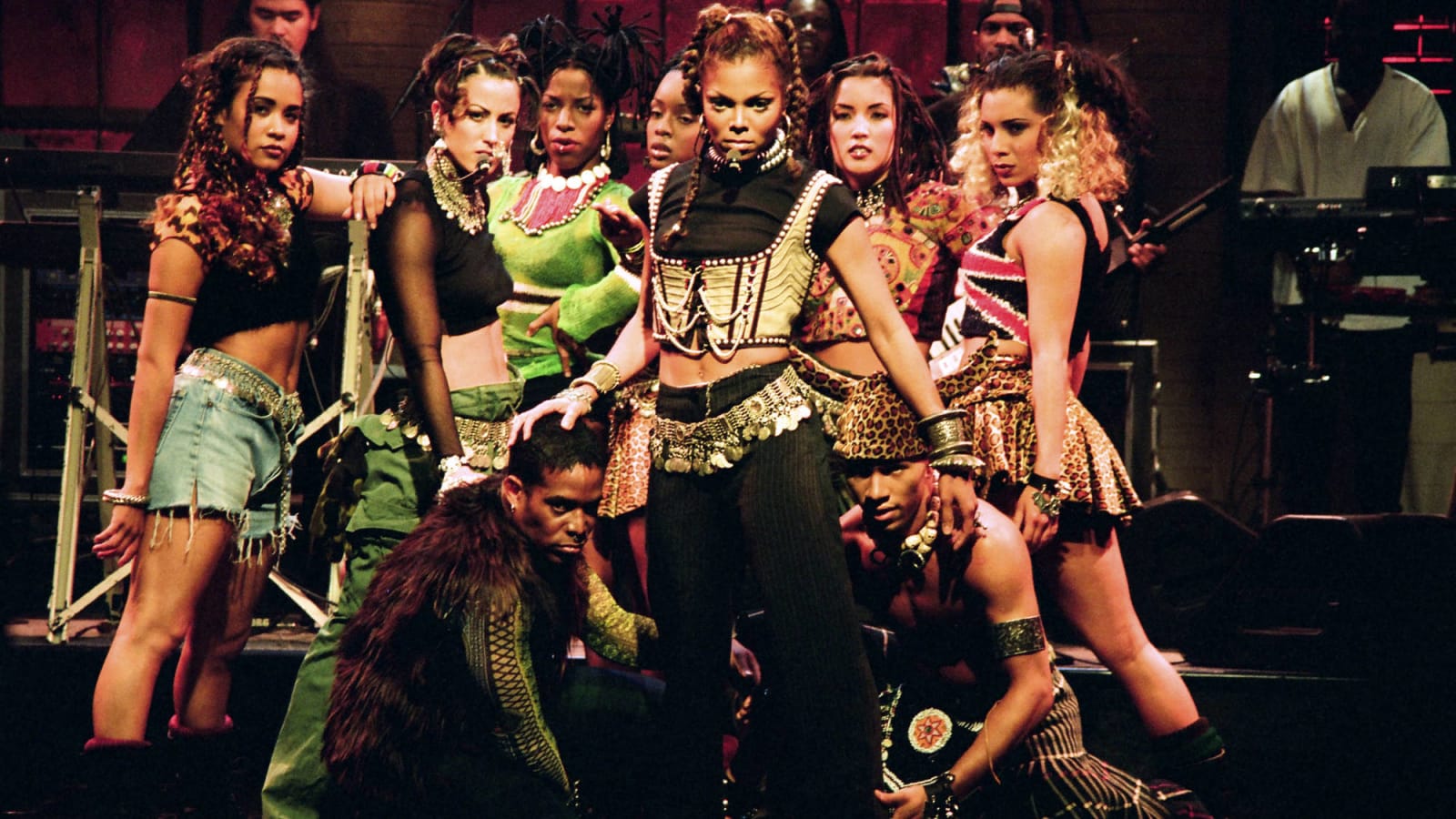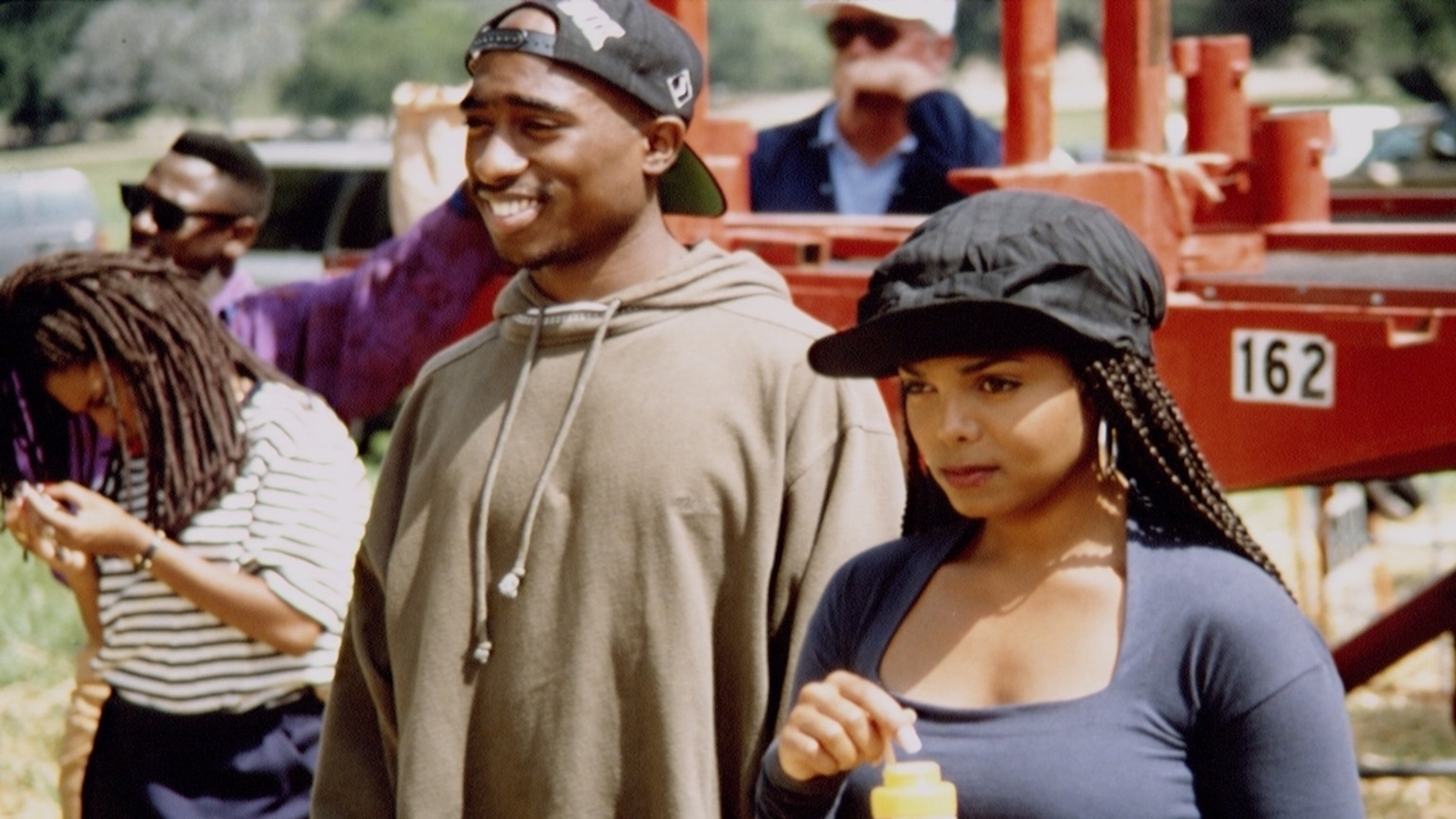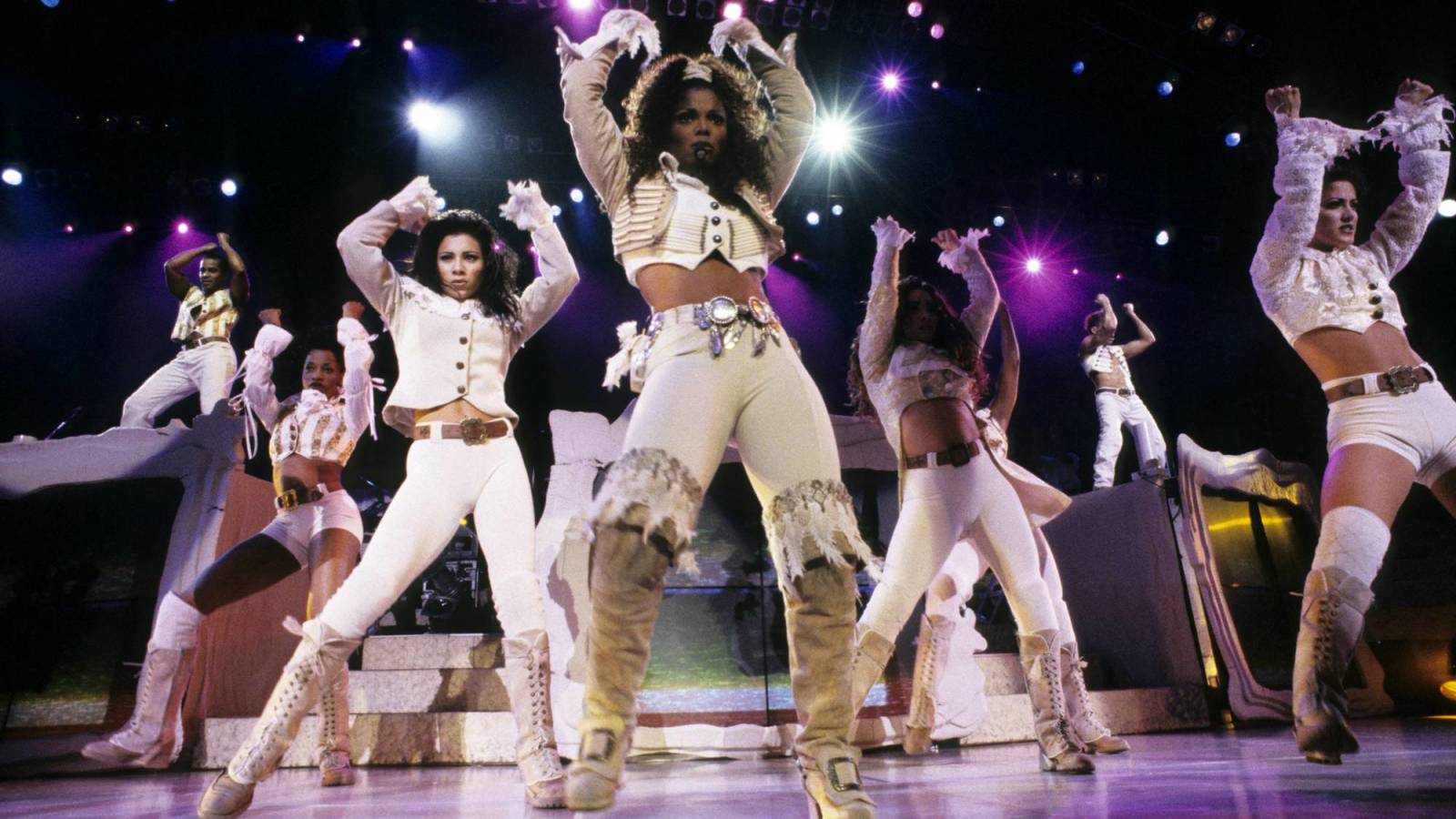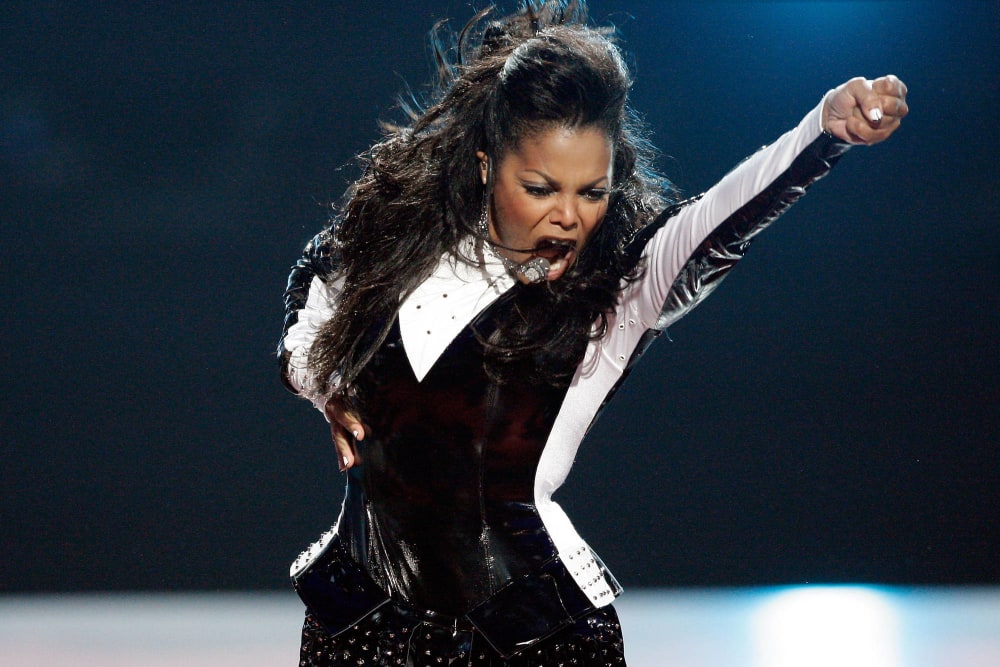
25 years later 'janet.' shows how Ms. Jackson stayed true to herself
Style. Grace. Talent. Creativity. Showmanship. These are all key factors when describing an entertainer, but longevity is what every artist aspires to attain. Janet Jackson exudes each element and is arguably one of the most iconic artists of all time. Her fifth studio album "janet." celebrates its 25th anniversary this week, a project that served as the blueprint to transforming her girl-next-door image to an international sex symbol. Although she raised the bar with her newfound look, it was her music that stood the test of time.
The key to longevity in the music industry is no easy task, let alone the ability to consistently book sold-out shows. New artists today are only as good as their last hits, and typically those songs aren’t remembered years later. Janet, on the other hand, is an anomaly, an entertainer who has inspired artists for nearly four decades with timeless classics. The"janet." album established her solid artist reinvention, making her a force in the industry and a bona fide superstar — a formula many female artists would follow.
Prior to the "janet." release, she was already shaking things up in the industry. In 1991, her former record label A&M had sights on renewing her contract, however after the success of her previous albums "Control" and "Rhythm Nation," she became a hot commodity for other record executives. After meeting with Virgin Records owner Richard Branson, Janet signed an unprecedented $40-million deal, becoming the world’s highest-paid artist at the time. She also took her thespian skills up a notch to the silver screen with a lead role in John Singleton’s "Poetic Justice," earning praise from reviewers as the "lovable center" of the film.

Although Janet was establishing quite an illustrious career, she was often criticized as simply being in the limelight due to her family name, and people wondered if she had the “it” factor like her brother Michael Jackson. She wanted to prove her talent and evolution of self-identity once and for all on "janet."
On her previous albums, she was known for bringing her sharp dance routines to her videos, thanks to choreographers like Paula Abdul and Tina Landon. However, those albums had different themes, and Janet wanted to explore herself more, a sexier side the world had yet to see. After highlighting her independence, emancipating herself on "Control" and fighting for social injustice on "Rhythm Nation," it was time for the world to see Janet blossom into true grown woman status.
The album title omitting her famous last name set the initial tone. Regardless of being a member of the black royal family, using her first name established how powerful her presence could be without having the Jackson name attached, similar to how artists like Whitney Houston, Mariah Carey and Diana Ross are often referred on a first-name basis. The cover art also gave another taste of empowerment and endearment. A 27-year-old Janet stripped from the neck up, showing confidence, intimacy and sensuality — a look that was completely different from her well-known conservative image. Gone were the shoulder pads and black suits covering her body from head to toe, and here were the crop tops and chiseled abs that made every girl envious. The new look set up her appeal for albums to follow and cemented sexual freedom for female artists everywhere.

Keeping her solid production duo Jimmy Jam and Terry Lewis by her side, "janet." blended more genres of soul, rock, hip-hop, opera and new jack swing. The mid-tempo grooves and dance-friendly tracks kept her classic sound but with more lustful and provocative lyrics.
The lead single “That’s the Way Love Goes” was the ultimate sex-fueled vibe that showed fans they were getting the real Janet. However, the visual for the second single “If” showed an edgier side. The video took place in an Asian nightclub as Janet aroused attendees with her seductive dance moves. Let’s just say, women wanted to be her and men wanted to claim her — it was a win-win.
She followed up with the sweet ballad “Again” along with “Because of Love” that emulated the prime '90s R&B sound. But it was no holds barred on her next single “Any Time, Any Place” as she sang about sexual liberation without showing fear for public displays of affection, and the video didn’t disappoint as she played sex games with a neighbor. The song became such a timeless classic that hip-hop king Kendrick Lamar sampled it nearly 20 years later on his hit song properly titled, “Poetic Justice.” The sultry, alluring track was the proper segue into the album’s self-explanatory single, “You Want This.”
This enhanced sound and sexy style helped elevate her music videos, but also her stage presence. Whether it was the wardrobe, pyrotechnics, insane choreography or fulfilling a lucky fan’s fantasy with a lap dance — Janet knows how to give fans a show they will remember.
From the song lyrics to the music videos to the live performances — there was no limit to Janet’s artistic elevation. But it was later that year when she made a bold statement. In September 1993, she caused mouths to drop as she appeared on the cover of Rolling Stone topless with only her breasts covered. It was the original photograph for the album, however the album’s final image was cropped to only show her face. The risqué issue became one of the most discussed covers in the magazine’s history and gave Janet her official stamp of sex appeal.
The album earned a number of award nominations, clinching wins like Best Female Video at MTV’s Video Music Awards for “If” and Best R&B Song at the Grammys for “That’s the Way Love Goes.” Although she was snubbed for the Grammys' top three categories, "janet." sold over 14 million copies worldwide and became her best-selling album to date.
From the racy lyrics to the scantily clad clothing, the "janet." album was the prototype for other artists. Whether it was a model for Rihanna’s "Good Girl Gone Bad," Mariah Carey’s "Butterfly," Beyoncé’s "Lemonade" or Janelle Monae’s "Dirty Computer," Janet showed how other artists can take risks, be comfortable in their own skin and still have mainstream success. Artists may have to abide by corporate label rules in the beginning, but having longevity is all about staying true to self and believing in the art to reach the masses.
More must-reads:
- Brothers and sisters: Our 21 favorite films about fraternities & sororities
- A Global Icon: The 25 biggest hits of Janet Jackson’s career
Trending in Entertainment
Customize Your Newsletter
 +
+
Get the latest news and rumors, customized to your favorite sports and teams. Emailed daily. Always free!


